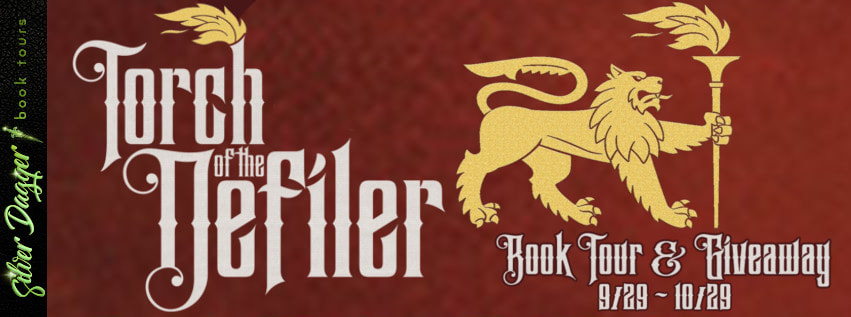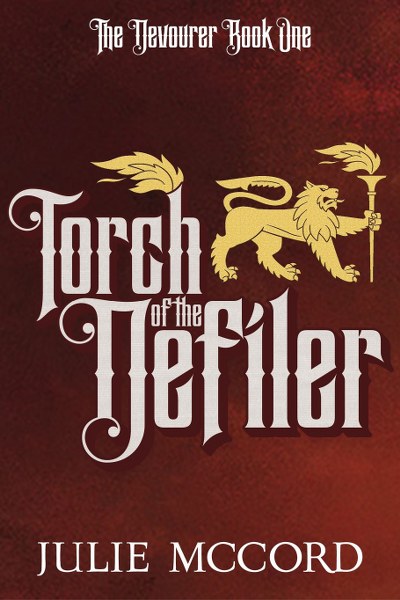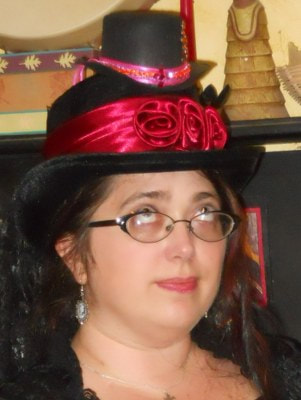Lorothiel has spent her life hidden away among the elves with her cousin Loren. But when sorcerer-king Adran starts laying waste to his neighbors, Prince Eric crosses the haunted no-man's land surrounding the elven forest in a quest for the magic that can save his people.
Magic Lorothiel carries as her birthright.
All magic comes at a price, and as ancient hatreds re-awaken, the cost will rise.
Goodreads * Amazon
Although the forest never completely receded from any gathering place of the elves, it was in the background here. The wooden stage was very low to the ground and semicircular, ringed by benches. Loren and Eric took seats in the front— places of honor, Loren said, although the other elves seated in the front were a handful of children. Along the back of the semicircle were musicians, some with flat, handheld drums; some with drums that were long and tall and played with sticks resembling crooks; others with harps, flutes, and various other instruments that were harder for Eric to identify.
Censers were lit at either end of the stage and Loren gestured that the performance was about to begin.
It began with a cacophony of drums and gongs and dancers running in disarray, swarming over the stage. Abruptly, the noise fell silent and the dancers collapsed to the floor.
Loren had explained that this dance was about the creation of the world, so he was able to deduce that the three dancers who slowly rose to their feet in the silence were the gods. To his right was the one who was playing Gweron, dressed in red and gold. He was stocky for an elf, his movements blunt and precise, and his pale hair was stained reddish-brown. To the left was Elarren, a girl of quintessentially elven features, dressed in opalescent green and gesturing delicately with her hands and eyes.
In the center, dominating Eric’s attention, was Morgan. Morgan’s skirts shimmered blue and black and silver, but her blue shirt was cut like a man’s. Although this costume was intended to represent Morgan’s ambiguous nature, the dancer’s gender was clear, for she was more curvaceous than the other female elves; in fact, the strange cut of the shirt only served to draw more attention to this fact. Also unusual was her coloring: her hair was raven black and appeared to be so naturally; her skin was pale and her eyes crystalline blue.
She was the girl from the pond, and she was beautiful.
He watched her step back as the music began again, this time in a more orderly fashion. The melody was strange and wandering by human standards, with rhythms that made no sense; but the result was pleasant enough despite its foreignness. One by one, under the direction of the three gods, the others arose, performed impossible leaps and turns and flips, then moved into a line around the back of the stage. The ordering of the elements, Eric supposed.
Then came the shaping of the world. Gweron took up a staff and strode to center stage. His music was loud and clanging, and he alternated between stomping so that the stage shook, hitting his staff against the ground, leaping into aerial somersaults using the staff as a center, and whirling in battle-inspired fury using the staff as a weapon against a host of invisible assailants. The children in the front row winced and held their ears, not only against the noise but because they seemed afraid of him.
It was definitely for the best that Eric had declined the role.
Next came Elarren, whose music was soft and lilting, full of harps and flutes and bells. She moved in graceful steps, making delicate small movements with her hands and smiling gently into the crowd. Two attendants came forward and helped her slip into a rainbow-colored robe they had brought. Out of the bag sleeves she produced sweet-smelling herbs and flower petals and cast them into the audience. The children in the front row went wild.
Morgan came forward to the sound of drums, played more sensually than Gweron’s, and cymbals, and long strange pipes with nasal voices. Her movements were slow, mournful, yet seductive. Her arms and hips swayed and curved like serpents, her long jet hair moving behind her in a single sheet except for the wisps falling into her delicate face, half-hiding her closed eyes. She arched forward, her eyes snapped open to punctuate her flirtatious, knowing smile, and she pulled at her skirts. They fell away around her into a winding scarf, blue and black and sprinkled with dots of silver like stars, leaving only a simple black skirt to cover the dancer’s legs. Majestically, she swept the scarf through the air over her head, sweeping it in spirals around the stage as if she were spreading the sky with her hands— which of course, Eric realized, was exactly what she was doing.
The children in the front row admired her but seemed unsure what to make of her. Her dance was for the older members of the audience.
As she retreated, she pulled a dancer all in white from near Elarren and one all in yellow from near Gweron: the moon and sun. They performed a stately paired dance to which Eric paid substantially less attention.
Gweron and Elarren resumed the center stage, hand in hand, breaking up the sun and moon. They shared a long embrace, then stepped apart, and beneath their clasped hands swarmed younger dancers, students of ritual theater, Eric imagined, dressed in rags with their hair dyed brown, jumping and howling and pretending to fight.
Men, Eric realized. He glanced at Loren, who scratched at his neck in embarrassment.
Now Morgan came behind Elarren and Gweron, taking their hands in her own, separating them. She kissed Elarren and when the elven goddess stepped back from her, there was a second swarm, these in something very like normal elven garb, in as stately and tender a dance as teens were likely to manage, swirling gracefully to either side.
Morgan moved to the other side to kiss Gweron and from between them came a third group, their hair dyed off-black, wearing intentionally mournful faces painted white and blue, their movements strange and apparently symbolic, and howling mournfully. The last of these were moving in a unified line, carrying sticks which upheld a thick, multicolored rope with an ornate head that must have been meant as a dragon. The dragon circled the entire troupe three times to a flailing of gongs, screaming, then landed at the very front of the stage.
And with that, abruptly, the dance was over.
Julie McCord is a mythology and folklore enthusiast, collector of wayward religions, and author. She has been addicted to telling fantasy stories ever since winning an award for “The Princess and the Serpent” in the second grade. They’ve gotten longer… and darker… since then, but they’re still full of strong women and smart alecks. When she’s not writing, she sings, crochets, reads and watches a lot of fantasy and horror, and drinks copious amounts of sweet tea. She lives in Orange County, California with her husband, daughter, and two cats.
Website * Facebook * Twitter * Instagram * Amazon * Goodreads










Comments
Post a Comment